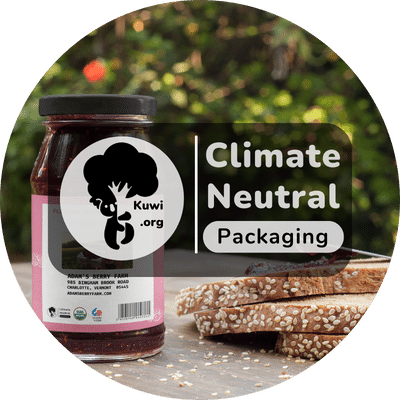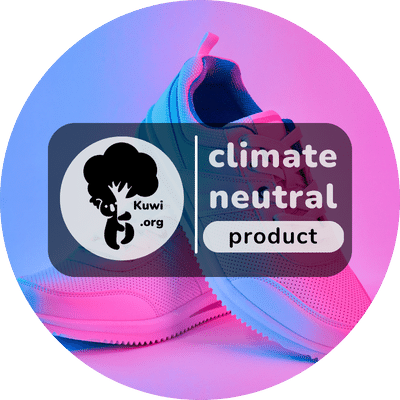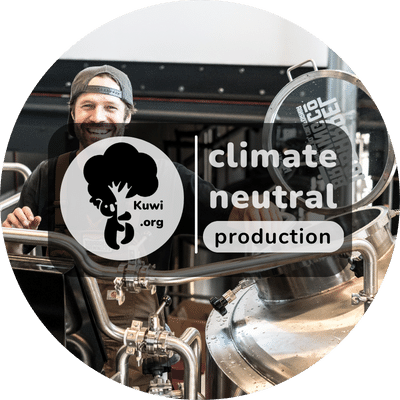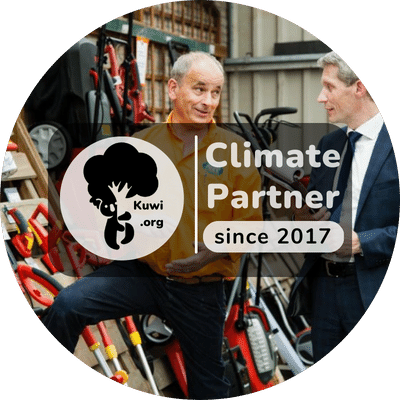
Climate-Neutral Shipping Certificate
As the demand for delivery and remote purchases continues to rise, so does the need for sustainable delivery. The “Climate-Neutral Delivery” certificate recognizes the environmental impact of these activities and provides a means to offset the CO₂ emissions associated with deliveries to end users. In this article, we will discuss the characteristics and significance of the “Climate-Neutral Delivery” certificate, with an emphasis on its application in the context of webshops, e-commerce platforms, and other forms of remote purchasing.

Certificate Limitations
At Kuwi.org, we offer businesses the opportunity to become climate-neutral step by step. For this reason, we use partial certificates to help companies gradually achieve net-zero.
This article is about the “climate-neutral product” certificate, which means it only concerns the emissions related to a specific product. A company, for example, may have the “climate-neutral product” certificate but not the “climate-neutral office” certificate.
It’s also important to note that this certificate applies specifically to the product for which it is issued. It is common for companies to choose this certificate for a selection of their product range (read this article for common reasons for this choice).
To attain this certificate, a company must account for scope 1, 2, and 3 emissions attributable to the specific product. This includes emissions from sources not owned or managed by the company. The extraction and manufacturing of purchased materials, the transportation of purchased fuels, and the utilization of purchased goods and services are some examples of this.

Our efforts are making a difference!
We are pleased to witness the increasing commitment to sustainable practices within the last-mile delivery sector. The efforts of courier services have already yielded positive results, demonstrating the sector’s dedication to environmental responsibility.
An example of this is DPD, a leading parcel delivery service, which has set an ambitious goal to transition its entire fleet to electric vehicles by 2030. Furthermore, they have taken immediate action by offsetting 100% of the remaining emissions from their non-electric fleet.
This proactive approach showcases the industry’s determination to minimize its ecological footprint and lead the way toward a greener future. Such initiatives are encouraging and testify to the positive impact that collective efforts can have in reducing emissions and promoting sustainable practices in the delivery sector.
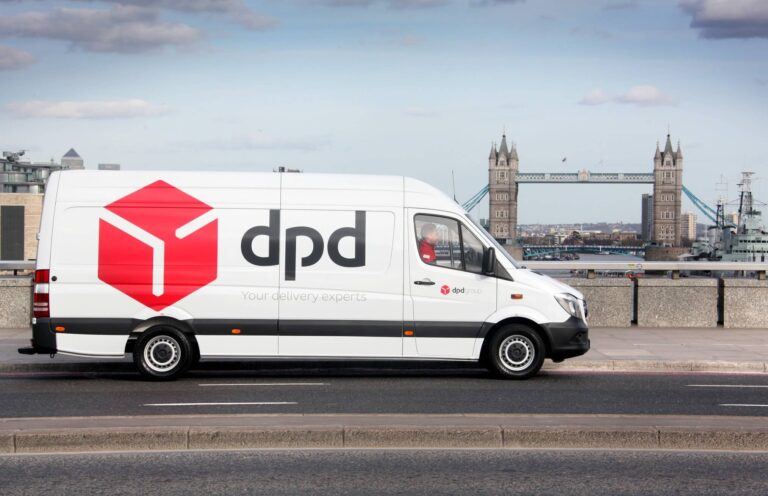
Towards sustainable delivery
Certification criteria

1. Compensating CO₂ Emissions
The primary objective of the “Climate-Neutral Delivery” certificate is to offset the CO₂ emissions generated during the last-mile delivery process.
This includes calculating the emissions resulting from transportation activities, including the use of delivery vans, and their associated energy consumption. The certificate encourages companies to invest in verified CO₂ offset projects that deliver real and additional emissions reductions in other sectors, thereby neutralizing the environmental impact of their deliveries.
Also read
Data Collection Disclaimer
To date, there exists a significant imbalance between market average data and company-specific data, primarily due to two reasons. Firstly, obtaining primary data for individual companies is a costly and labor-intensive process. Achieving the utmost accuracy requires on-site verification and strict policy enforcement. However, the associated costs of such operations make climate action financially infeasible for most companies.
The second reason is that companies working with Kuwi.org are not legally obligated to offset their unavoidable emissions. Mandatory CO₂ offsetting is only imposed on a handful of large enterprises in the EU (read more here). As a result, all other companies engage in offsetting their emissions through the voluntary CO₂ offset market (learn more here).
2. Focus on Consumer Delivery
The certificate places specific emphasis on the last-mile delivery phase, where the most significant environmental impact typically occurs. This includes the final transportation leg from distribution centres or local hubs to the doorstep of the end consumer.
By concentrating efforts on this critical phase, the certificate aims to address emissions directly associated with the delivery process and promote sustainability within the rapidly growing sectors of e-commerce and remote purchases.
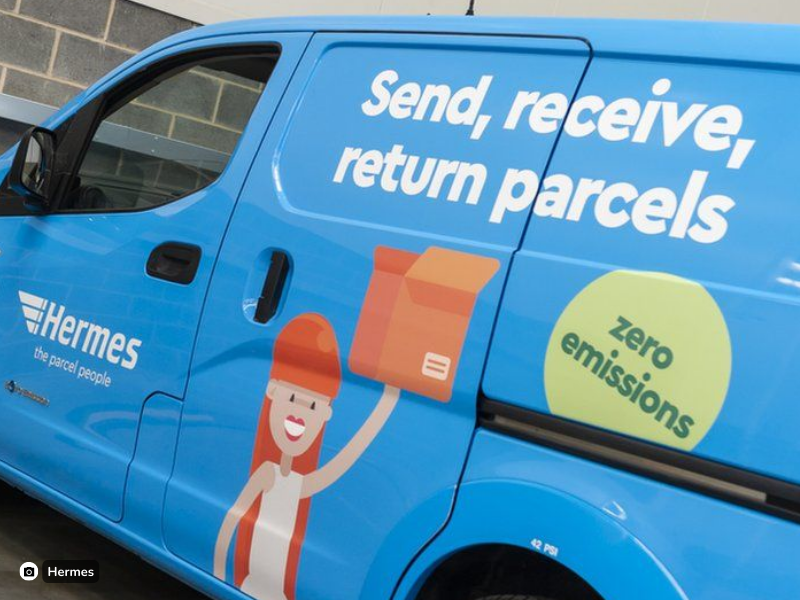
3. Webshops and ecommerce Platforms
The “Climate-Neutral Delivery” certificate is particularly relevant to webshops, e-commerce platforms, and companies engaged in online retail. These businesses often heavily rely on transportation services to deliver products to customers, resulting in significant CO₂ emissions.
The certificate provides these companies with a valuable opportunity to offset their delivery-related emissions and demonstrate their commitment to sustainability, contributing to a greener delivery market.
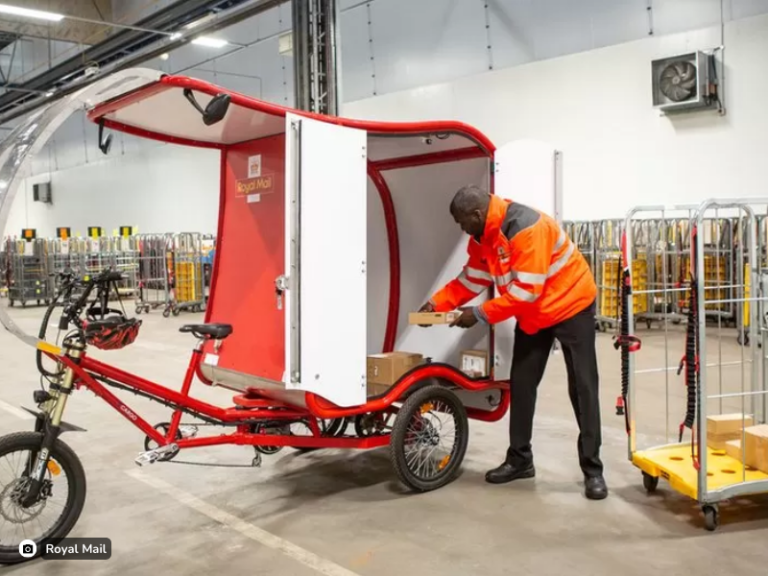
4. Transparency and Verification
Transparency and verification are essential components of the certification process. Companies pursuing this certification must transparently report their delivery-related emissions, compensation activities, and associated data. Independent verification ensures the credibility of these reported efforts and provides assurance to stakeholders.
Clear reporting and verification build trust in the CO₂ compensation process, allowing consumers to make informed choices and support environmentally conscious businesses.
Transparent Reporting
Finally, the company must commit to transparent reporting of its sustainability practices. This includes reporting on emissions reductions, carbon offsets, and sustainable practices.
The company should also enable independent verification of its sustainability practices to ensure it meets the requirements of the climate-neutral product certification.
In Conclusion
The “Climate-Neutral Delivery” certificate provides a valuable tool for companies to address the environmental impact of their deliveries. By compensating for CO₂ emissions and promoting sustainability in the delivery process, companies can enhance their sustainability policies and align their processes with a greener future.
The certificate not only allows companies to meet the increasing demand from consumers for environmentally responsible deliveries but also enables consumers to make sustainable choices. Through collaboration, transparency, and consumer engagement, the certificate contributes to a more sustainable and climate-friendly ecosystem for last-mile delivery.



